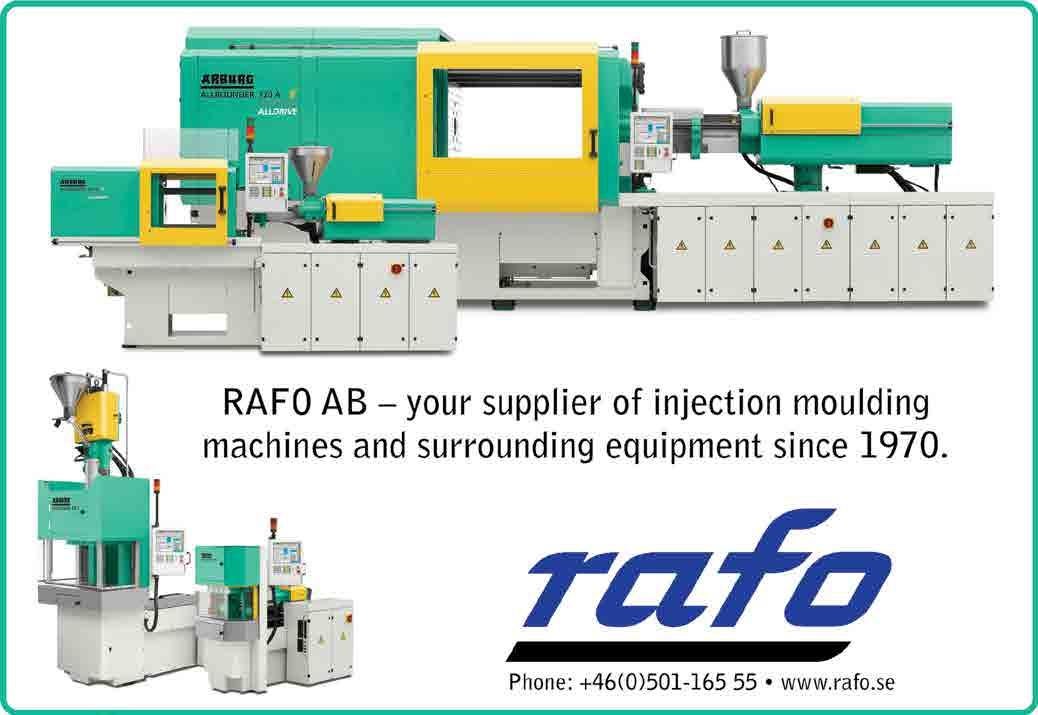around 17 per cent of the business of Gravic Hungary is with the auto industry. We supply it with products such as identification labels for components, protective films and electronic interface materials.”
Label technology Gravic itself began operations in 1967 in Antibes, on the Cote d’Azur, making printed circuits and metal plates. It moved to its current French headquarters at Mouans Sartoux in 1981, by which time it was specialising in technical labels and front panels (printed display and control panels for electronic and household appliances). In 1986 the company established Gravic Roll, which specialised in the fabrication of technical labels in rolls for use in large-scale production. This operation was merged with Gravic itself in 2008 and the whole company became Gravic Europe.
110 Industry Europe
In 1999 a subsidiary production operation, Tunitec Labels, was established in Tunisia, followed five years later by Gravic Hungary. The core of Gravic’s business remains the fabrication of blank and pre-printed labels on all kinds of substrates, adhesive or non-adhesive. These can be produced in large, medium or small scale volumes and in units, in rolls, in sheets, in folded sheets or in just about any specified format. The company also produces a wide range of other products such as front panels, 3D badges, information plates, protective films and insulators. As well as serving the automotive industry, it also supplies products for computers, household electronic appliances, medical devices, aerospace components and even cosmetic packaging. In serving suppliers to the auto industry, Gravic is involved in three core activities industrial marking by silk screening, fitting
together multi-layer components and cutting technical pieces to shape. These skills are used to produce printed labels, dashboard panels, backlight filters, meter components, foam gaskets and cut-to-size technical pieces. “Essentially we buy substrates from suppliers such as Avery Dennison, print on them and cut them to size,” says Vincent Zink. “For car dashboards, for example, we silk screen print on materials such as polycarbonate or transparent polyester and then supply the product cut to the customer’s exact specifications. We also now supply thermal interface films that help to diffuse the heat that is generated by the high power LED lights that are common on cars today. “In fact we have a huge product range. Every week at Gravic Hungary we are involved in an average of 20 new projects and we typically deal with around 700 different part


































